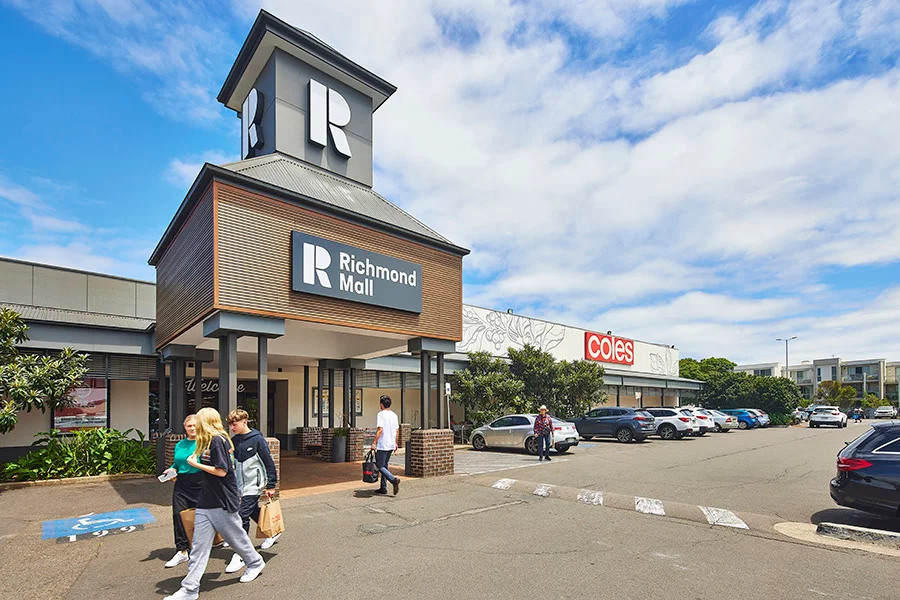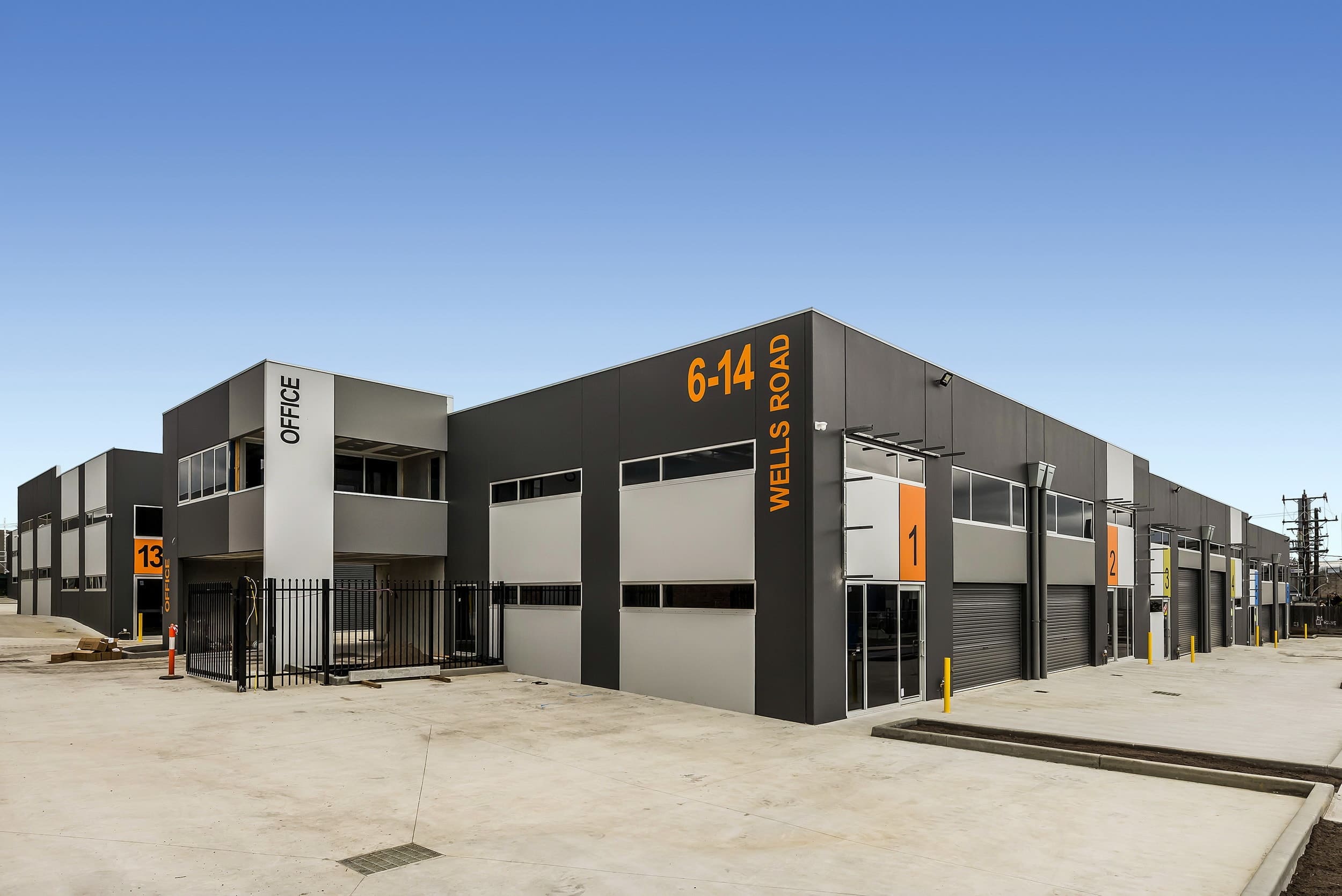Higher cashflow helps to support growth
If you’re considering moving from residential real estate to commercial property, you’re not alone. Many residential investors that we work with are seeking higher cash flow, longer leases, and more varied portfolios in order to allow them to continue to scale. However, you might be asking: What exactly qualifies as a commercial property? Let’s clarify that.


First, what does “Commercial” mean in Australian real estate?
Simply put, a commercial property is any real estate mainly used for business or income-producing purposes, rather than personal living. This can include buildings rented to businesses, multi-tenant residential buildings (above a certain size), and even vacant land with the potential for income.
Here’s a breakdown of the most common categories and who they might suit:
- Retail Spaces
- Think of strip malls, standalone shops, convenience stores, and storefronts on main streets.
- Leased to: Restaurants, salons, local boutiques, and national chains.
- Good for: Investors seeking visibility, stable tenants, and often triple net leases (NNN) where tenants pay all expenses.
Fun fact: A McDonald’s or a Chemist Warehouse building on a corner lot is a retail commercial property, and investors favor those types of tenants.
- Industrial Properties
- Think of warehouses, distribution centers, flex spaces, and manufacturing facilities.
- Leased to: Logistics companies, manufacturers, auto shops, or even e-commerce sellers.
- Good for: Investors looking for lower tenant turnover, larger spaces, and often easier management.
- Office Buildings
- Think of high-rises, medical buildings, suburban office parks, or single-tenant buildings.
- Leased to: Law firms, tech startups, realtors, therapists, and medical clinics.
- Good for: Investors who prefer longer lease terms and greater customization for build-outs.
Note: Office markets can be more challenging in a post-pandemic environment, depending on location and tenant type. We recommend very specific office investments only and advise caution.
- Multifamily (5 Units and Up)
- Think of apartment buildings with 5 or more units, student housing, and senior living.
- This is where residential becomes commercial—1-4 units = residential; 5+ = commercial.
- Good for: Residential investors making their first move into commercial real estate. Financing, valuation, and management models change here.
- Special Use Properties
- Think of hotels, gas stations, daycares, churches, schools, or event venues.
- These often have niche tenants or operations and may need more careful examination.
- Good for: Experienced investors or those with specific industry knowledge.
- Mixed-Use Properties
- Think of a storefront on the ground floor with apartments above.
- Common in urban and walkable suburban areas.
- Good for: Buyers seeking varied income sources from one building—both business and residential rent.
Why it matters
Knowing what qualifies as a commercial property goes beyond vocabulary. It impacts:
- Financing (Banks lend differently)
- Valuation (based on income, not comparable properties)
- Regulations and zoning
- Tenant laws and leases
- Your risk, return, and growth potential

Thinking about your first commercial deal?
You don’t have to dive into a $5M shopping center. Many investors start with smaller properties, like a retail shop, a small industrial site, or even a modest suburban office on a second floor.
What matters is having the guidance to help you understand:
- What constitutes a good deal (and what doesn’t)
- What to expect with commercial financing
- How to calculate real-world risk and return
- How to identify red flags
- Where and what to buy in the current cycle
Ready to Learn More?
If you’re exploring commercial real estate and need help understanding your options, the process, or local opportunities, reach out. We support new commercial buyers in navigating the market confidently, backed by proven experience and thorough due diligence.
Press “Book a Call” on the top right side of our website for a no-obligation discussion.
.

